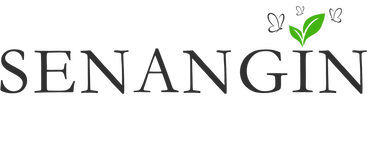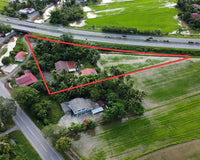When buying property in Malaysia, one of the first decisions you’ll face is whether to go for a freehold or leasehold title. Both come with pros and cons — and understanding the difference can help you make a smarter investment.
What Is a Freehold Property?
A freehold property means you own the land and building indefinitely. The ownership does not expire unless the government acquires the land for public use (under the Land Acquisition Act)
Pros:
-
Full ownership with no expiry date
-
Easier to sell and finance
-
Generally sees higher long-term capital appreciation
Cons:
-
Usually more expensive upfront
-
Harder to find, especially in urban areas
What Is a Leasehold Property?
A leasehold property means you’re leasing the property from the government (or another landowner) for a set period, typically 30 to 99 years. After that, you may need to pay to extend the lease.
Pros:
-
Often cheaper than freehold options
-
Can be found in prime city locations
-
More options for high-rise or commercial units
Cons:
-
Value may depreciate as lease gets shorter
-
May be harder to sell or get financing if lease is below 60 years
-
Lease renewal can be costly and uncertain
Which One Offers Better Value?
It depends on your goals:
-
For investment: Freehold generally holds better long-term value and attracts more buyers.
-
For short-term affordability: Leasehold is often cheaper and located in convenient urban areas.
-
For future-proofing: Always check the remaining lease years — especially if you’re planning to hold long-term or pass the property on.
If you’re buying for modular housing, short-term stay, or even first-time investment, leasehold could be a great starting point. But for capital appreciation and full ownership security, freehold is still the popular choice.









